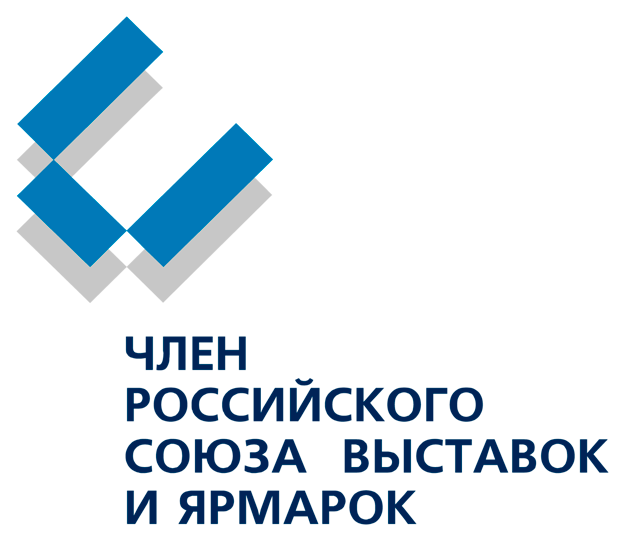British scientist introduced the worldwide recognised concept of "virtual water"

Virtual water – is the water volume enclosed in the foodstuffs or other products, which is necessary for their production. Thanks to the formule developed by the British Professor John Allan, it is possible to calculate the amount of liquid required for different types of human activity.
For e.g. by drinking a cup of coffee we spend not the 100 ml water in the form of boiling water from the coffee pot, but a lot more – around 140 litres! The figure takes into account water amount used for growing the coffee beans, harvesting, shipment by sea, packaging, wholesale and retail trade. It has been calculated, that average daily consumption of fresh "virtual water" by one resident of this planet equalls several thousand litres.
"90% of all water resources of the Earth are under farmers' control", states Martin Keulertz, meaning rain water used for watering, groundwater and irrigation.
As a whole animal produce requires more virtual water, than the plant products. The point is, the animals consume a large amount of feed stuff and drinking water, and until the moment of meat, egg or milk consumption, a lot of technical water is being used. Consequently the daily vegetarian diet ration requires 2.000 litres per person, whereas the standard ration with plenty of meat – 5.000 litres.
Not less water is being spent for production of consumer goods. The scientists estimated: manufacturing of jeans asks for 11 tons of water, of a single shirt – 2,5 tons. Construction of a small house will require 8 mln litres.
In the trade of foodstuffs or any other products a virtual redistribution of water takes place – from producing or exporting coutries to the consuming and importing countries. The economical side of it is the most important part of the discovery. Basically the scientists suggested the countries with deficit of water resources produce goods requiring less fluid consumption and import goods which require larger water volumes for their production. Thus, it should allow to save water, having reduced the consumption of own water resources or having released water for other purposes.
Martin Keulertz adds, that it is still just a scientific theory. However it can serve as a basis for developing effective management systems for water resources. And the objective of the academic society is to communicate to the heads of the state and regional management the importance of this issue. Indeed, already in the nearest future many countries will face the problem of fresh water shortage as well as the necessity to control water resources on behalf of the government.
The scientist predicts for this country a break-through to the world market as a leading exporter of foodstuffs, thanks to the immense water resources (a fifth of the world fresh water stock) and to the coming global climate change.
Back




